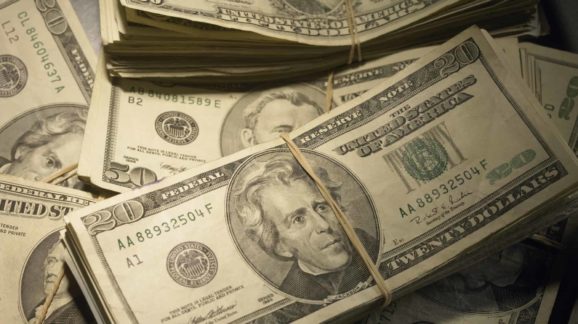Arguments Against Cash Economy Bolster Government Power

 If there was ever illustration of the need for a competitive monetary system rather than a centralized and monopolized one, Kenneth Rogoff’s book, The Curse of Cash, is it. Rogoff does not argue for the near-elimination of cash because doing so would improve consumer welfare. He wants to get rid of cash because it impedes him and others of similar rank from managing the economy using monetary levers.
If there was ever illustration of the need for a competitive monetary system rather than a centralized and monopolized one, Kenneth Rogoff’s book, The Curse of Cash, is it. Rogoff does not argue for the near-elimination of cash because doing so would improve consumer welfare. He wants to get rid of cash because it impedes him and others of similar rank from managing the economy using monetary levers.
The way people spend money and time reveals what they truly value, and Rogoff wants central banks to be able to deliver negative interest rates. That’s the topic to which he devotes the bulk of the book. But money in the digital era is a communications device as robust and intimately revealing as any phone line. Rogoff promises to take effects on privacy and liberty “seriously” in the book and “to ask how one might mitigate them” (page 7), but he barely touches those essential issues.
When people can choose what system or product they use, variation among offerings allows them to individually, collectively, and imperfectly shape that market and their own destinies. Though special and different in many ways, money is essentially a consumer product. Its salient dimensions, as I noted in an early assessment of Bitcoin, include subjective/collective value, transferability, acceptance, cost to use, inflation-resistance, deflation-resistance, surveillance-resistance, and seizure-resistance.
Rogoff doesn’t see money this way. He sees it as a tool for controlling economies, almost to the exclusion of the interests that real people living in those economies may have. He assumes, I’m sure, that stewardship of the economy through monetary controls has benefits, but those benefits may not outweigh the costs of going cashless, costs which are denominated in threats to privacy and liberty, among other things. Rogoff enlists the status quo in the Drug War, tax rates, and anti-money-laundering regulation as allies. He is wisely circumspect about the relationship between cash and terrorism. The point is getting central bankers that delicious negative-interest-rate capability.
Competitive markets serve people. Rogoff’s book illustrates the opposite case: government monopoly in service of the powerful. As an argument for doing away with cash, the book is profoundly incomplete. As an illustration of what happens when economists examine subjects without reference to bedrock values like privacy and individual liberty, The Curse of Cash is pretty good!